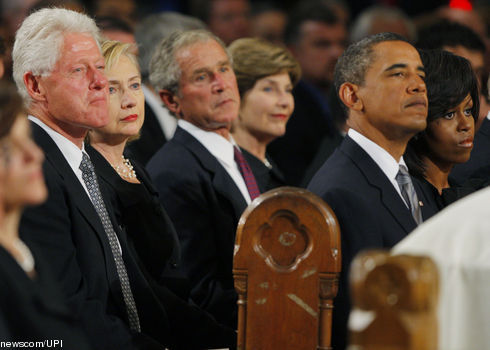“DO NOT SPEAK – UNLESS IT IMPROVES THE SILENCE” — Buddha
A while ago I read an essay by a physiologist who wrote that the universe could not have come about through intelligent design. No one with an intellect, he argued, and certainly not God, would put the esophagus near the windpipe so that chocking was highly probable. As I am one prone to struggle with my vitamin pills, I thought his point was reasonable. Certainly, the engineers at Westinghouse would never construct a human body with such a defect. To do so would court a liability lawsuit. They’d probably put the windpipe somewhere near the elbow.
The physiologist’s ruminations will not change the mind of anyone wedded to the notion of intelligent design, faith being a thing apart from reason; but it does make me wonder that if powers greater than ours can error then what hope have we humans? I’m thinking specifically about language. Here’s a flawed instrument cobbled together without much intelligent design (blog: 6/4/2010). Not only do words have varied meanings depending upon context, we place upon them the burden of communicating feelings which we may not understand ourselves.

(courtesy: BingImages)
Recently, I wrote a blog post entitled, “Thoughts on Wisconsin and Collective Bargaining” (blog:3/25/2011). The text said nothing about collective bargaining but addressed itself to teachers and the critical work they do. Then I closed my observations with the question, “How should they (teachers) be treated.” A friend chided me later, saying there was no apparent link between the title of the piece and the subject. My reply was that the question was the link. How should teachers be treated? Well, certainly not by depriving them of their collective bargaining rights.
True, I did not make the connection for the reader. Sometimes it’s better to allow him to do that for himself rather than preach. Harold Pinter built his fame as a playwright upon what he did not say. His dialogues are filled with silences, uncomfortable pauses between his characters. He knew those gaps could be a powerful tool.